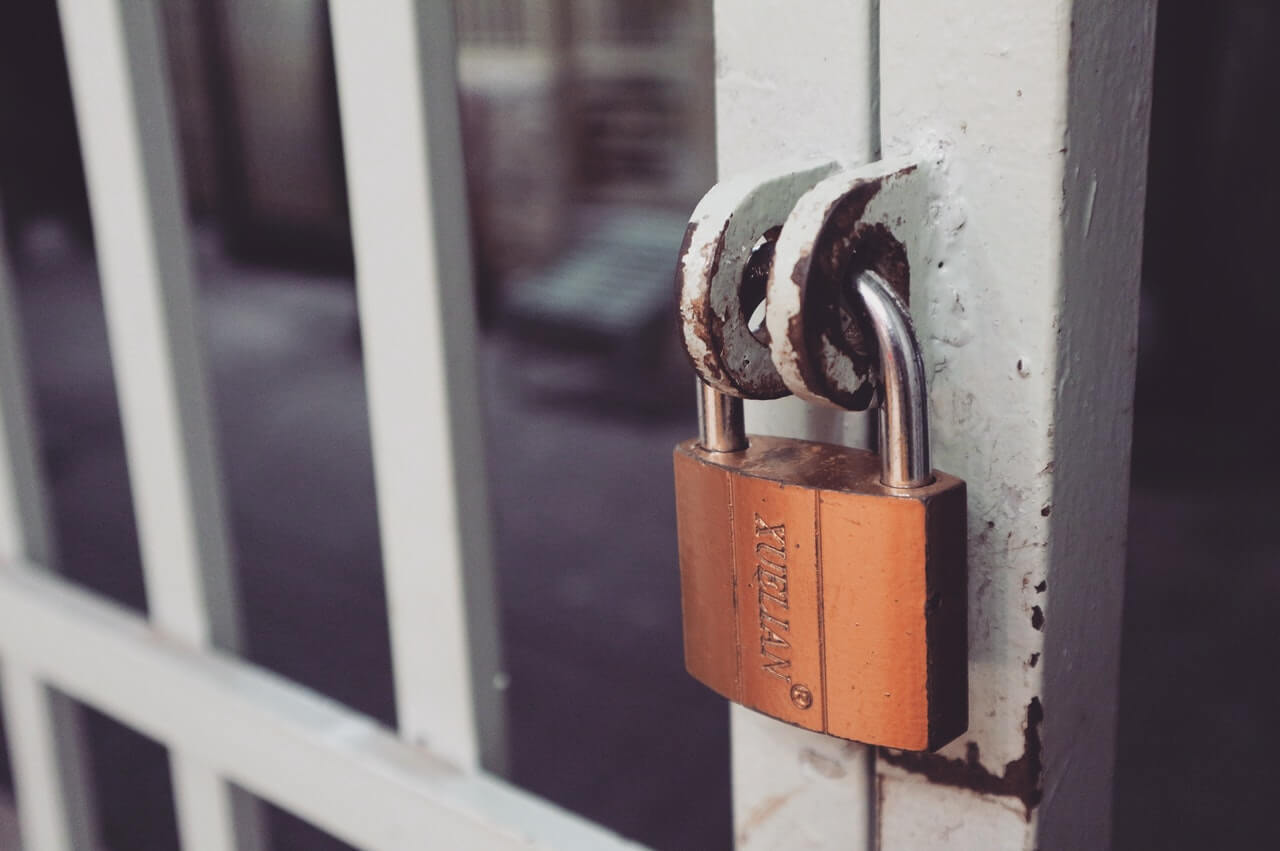Technology has provided us with a level of financial freedom no generation has previously held. Digital transactions allow us to move our money as we please, and we can pay for many things from the comfort of our desks at home.
While the digitalization of finance has reduced incidents of scary crimes like theft, robbery, and muggings, criminals have adapted. These days, the theft of money is primarily digital.
There are two pieces of good news:
- You are far safer when it comes to digital transactions
- Even cybercrimes involving theft are expected to drop dramatically
For now, however, criminals are still actively extracting money from unsuspecting victims through identity theft. If you want to avoid theft of your financial information and ultimately your money, you need to bolster your online security.
To help you protect your property, in this article we will cover:
- Securing your email
- Safe passwords
- Encryption
- How to send money online safely
How Do You Secure Online Financial Transactions?
Ensuring your online transactions are secured requires a few steps.
Secure Connection
You should refrain from conducting online transactions from a network or website that is not secured. Public Wi-Fi networks are often the worst when it comes to safety. But even using your local café’s Wi-Fi can expose you to unnecessary risks.
You need to consider who else is using the network. Cybercriminals prowl about shared networks looking for an opportunity to attack.
If you must use public or shared, unsecured Wi-Fi, use a VPN. A VPN adds security to an online transaction when it’s being conducted on an unsecured network.
Likewise, you should refrain from conducting financial transactions on websites that aren’t secured. If their URL is not secure, your information is at risk. You should look for:
- The https at the beginning of the URL
- The closed lock or unbroken key on your browser
These are the 2 signs that the website is secured and you can (relatively) safely complete a secure transaction.
Privacy Statements
Reputable sites normally offer clear disclosures on how they protect users’ data. In this context, “data” can very well mean credit card numbers or banking data. You can read their statements and decide for yourself if you’re comfortable trusting them with your information.
Data encryption is a strong sign of good security on websites and mobile applications.
Use A Credit Card
Fraudulent charges to a credit card can be charged back. The same cannot be said of debit cards/checking accounts. A cybercriminal who gets a hold of your banking information can wipe your accounts clean.
Using a credit card for online transactions, particularly with new merchants, is a much safer option.
Use Password Protect
You can password protect online files, and you should definitely do so with financial statements and other files.
Adobe walks you through the process for their PDFs here.
Encrypting your PDFs and other files with passwords can help you protect your information. A lack of security on such files can lead to cybercriminals accessing sensitive banking information.
Secure Email
Email plays an important part in many peoples’ financial lives. Money transfer services and banks often use email to facilitate transactions and share financial information.
You can secure your email by:
- Use a unique, strong password that no one else knows (or could easily guess)
- Use non-identifying addresses
- Enable two-step verification
- Enable other multi-factor authentication measures
- Review any and all security notifications carefully
- Follow the precautions we’ve gone over to only use your email when your online connection is secure
- Don’t enable your browser or phone to remember your password
- Don’t click on suspicious emails
- Never click on links from people you don’t know
- Encrypt your email messages, where necessary
Encrypt Your Data
We’ve covered how you can encrypt financial files. But you can go a step further and add end-to-end encryption for all financial messages.
Conclusions: Secure Electronic Transactions
The only way to send money online safely is to ensure your privacy through a mix of:
- Using only secure connections
- Diligence about who you share information with
- Using strong passwords
- Using encryption wherever possible
Fortunately, most banks have started to take their customers’ security quite seriously. However, the weak points for your own security can pop up in different places. These places can be:
- Physical, where other people can see you using your device and the information you’re looking at
- Digital, where cybercriminals can access your financial information through any of the weaknesses we’ve covered
In our other articles, we’ve also covered some ways you can detect fraud. Namely, checking your credit reports for transactions you never authorized can help you catch instances of theft.
Are You Protected Online? The Difference Between Dat Security vs Data Privacy
FAQs
What Are The Security Measures Of Online Banking?
Online banking services employ a wide range of security measures, including:
- Secure Socket Layer (SSL) encryption
- Anti-virus
- Anti-malware
- Multi-factor authentication
- Automatic logout
- Biometric checks
- Firewalls
When put together, the online banking industry employs the most advanced cybersecurity money can buy. Few institutions, such as militaries, go further.
How Do You Keep Personal Financial Information Secure?
Keeping your personal financial information secure requires a combination of diligence and common sense. By employing the best practices, which we’ve covered in this article, you stand a much better chance of avoiding potential fraud.



















